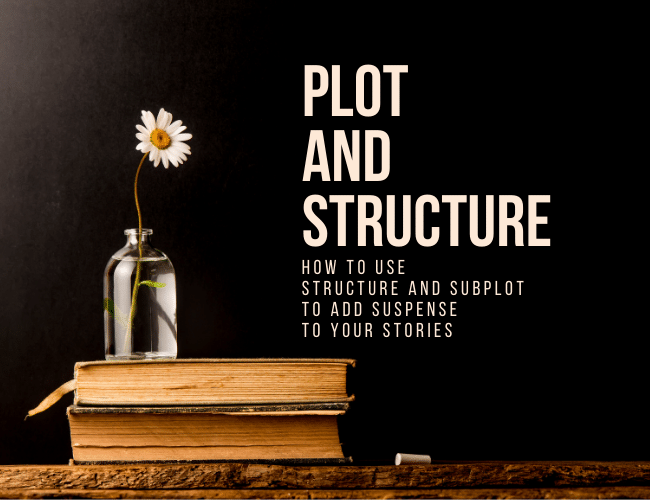
by Joslyn Chase |
You can’t write a great story if you don’t master plot and structure. But what is the best structure for a novel? How do you plot a novel?
Figuring out your plot and structure is essential for your story’s success. Even if you have an exciting idea for a story, great characters, and a memorable setting, you need to put your protagonist through events that have high and escalating stakes.
Without a sound plot and structure, you won’t thrill your readers. Today, we’ll look at story structure and learn how you can build an effective plan for a story packed with suspense, with all the right twists in all the right places.
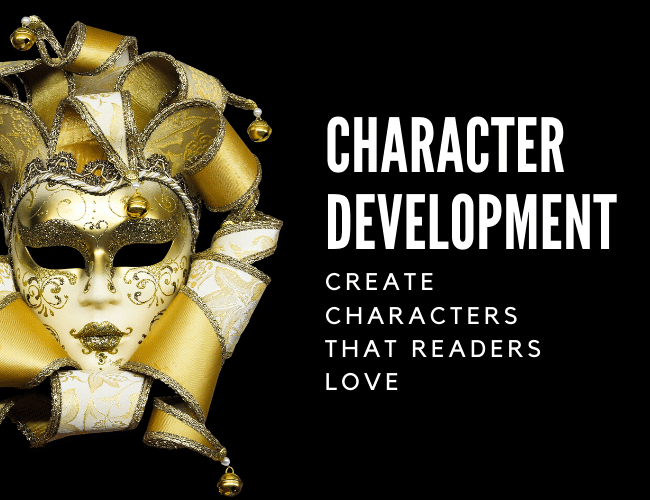
by Joe Bunting |
Characters are the heart of any story. There are plenty of methods out there to help your character development. But when it’s time to give your characters shape and definition, don’t waste time on extensive questionnaires that get you weighed down in details.
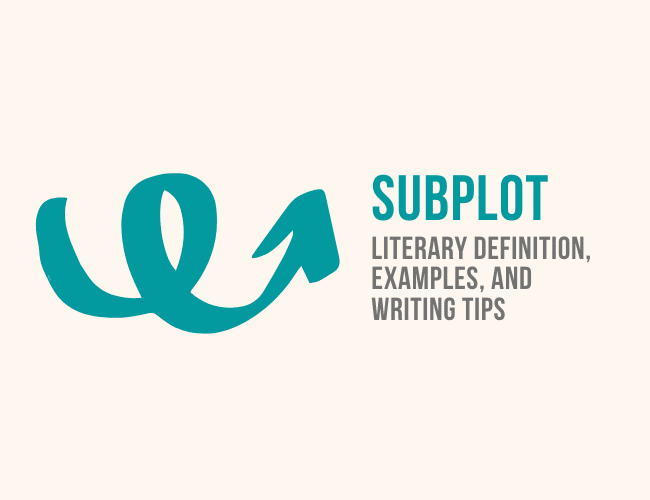
by Joe Bunting |
Stories are complicated, twisty, multi-faceted things. At some point, in many of the best stories, it feels like everything is in complete chaos, and then, seemingly all at once, it’s as if the chaos has come to a head in a way that makes everything line up perfectly.
And one of the best tools in a writer’s tool belt is the subplot.
But what is a subplot? How can you spot it in the books and stories you love most? And if you’re a writer, how do you use it to tell better stories?
In this article, I’m sharing everything you need to know about subplots. I’ll start with the definition of the literary term, then show you how it fits into a story structure, examples of some of my favorite subplots, and even tips from my own experience on writing novels with subplots.
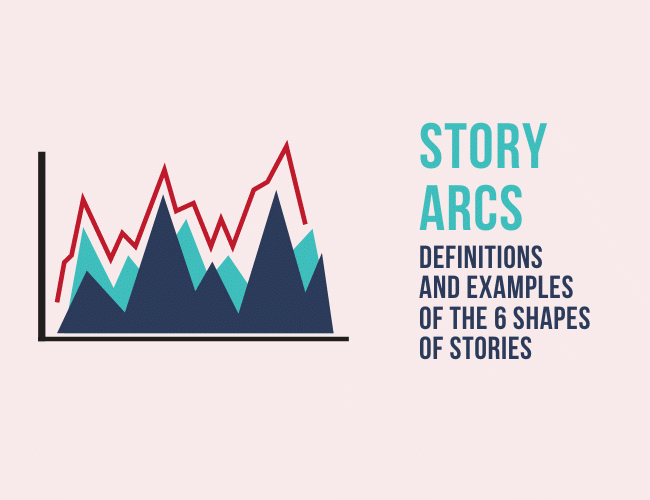
by Joe Bunting |
In stories, we get to see the cause-and-effect connections between otherwise random events. We get to experience the deeper meaning in life. We get to see through the chaos of real life and see the underlying pattern.
The literary term for this pattern is story arc, and humans love story arcs.
In this article, we’re going to talk about the definition of story arcs, look at the six most commonly found story arcs in literature, talk about how to use them in your writing, and, finally, study which story arcs are the most successful.
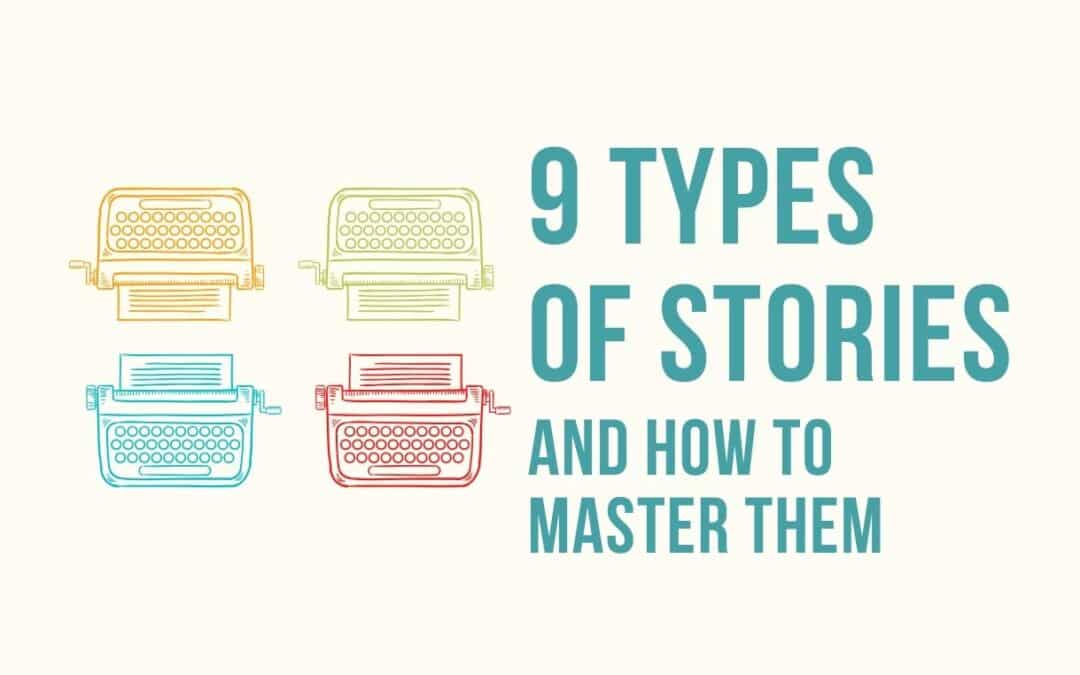
by Joe Bunting |
How do you write a best-selling novel or an award-winning screenplay? You might say, great writing or unique characters or thrilling conflict. But so much of writing a great story is knowing and mastering the type of story you’re trying to tell.
What are the types of stories? And how do you use them to tell a great story?
In this article, we’re going to cover the nine types of stories, share which tend to become best-sellers, and share the hidden values that help you master each type.
But first, what do I mean by “types of stories”?

by Ruthanne Reid |
If you write fiction, you need world building. It’s the skeleton of your story: though unseen, those bones determine the shape of the beast.





